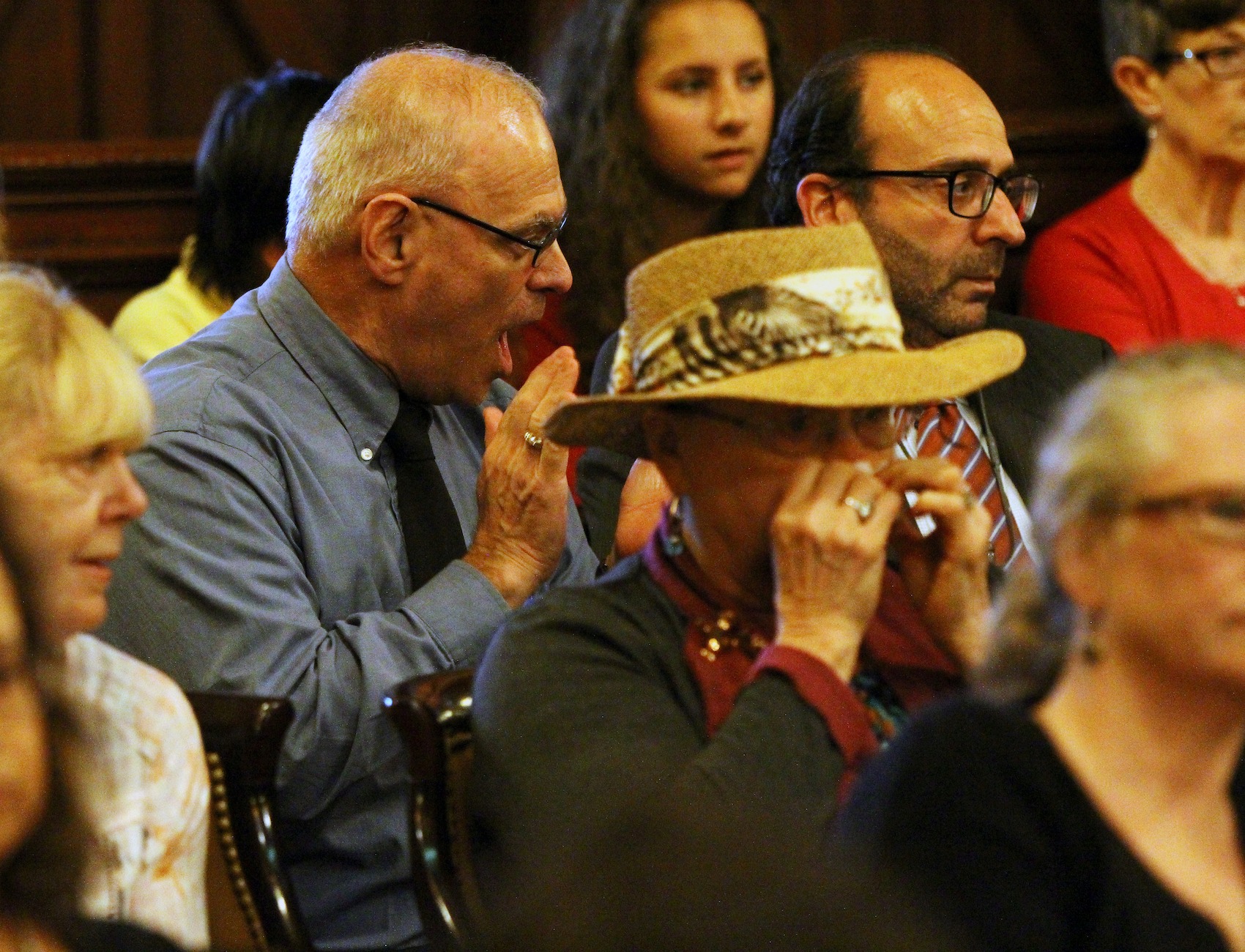After Man Dies Waiting For Commutation, Pennsylvania Governor Frees 13 People
At the urging of advocates, Governor Tom Wolf signed off on all remaining commutations applications on his desk.

With the stroke of a pen Thursday, Pennsylvania Governor Tom Wolf freed 13 more people serving life without the possibility of parole.
This brings the total number of life sentences he has commuted since taking office in 2015 to 36—nearly as many as were signed by all other governors combined over the last 40 years.
Thirty-one of Wolf’s commutations have come since Lieutenant Governor John Fetterman, who chairs the state Board of Pardons and ran on the promise to expand access to clemency, took office in 2019.
“We are overjoyed for each person granted commutation this week, and for each family that will be reunited after decades spent separated by prison walls,” Celeste Trusty, Pennsylvania state policy director for FAMM, told The Appeal via email. “By approving clemency for this group of people, Governor Wolf supported the return of fathers, mothers, sons, daughters, mentors, and leaders to their home communities. Pennsylvania is made stronger when we support second chances.”
The commutations came less than two weeks after Bruce Norris, a 69-year-old man serving a life sentence who was recommended for commutation by the Board of Pardons, died from COVID-19 while waiting for Wolf to take action.
More than 100 people incarcerated in Pennsylvania prisons have died from COVID-19 since the beginning of the pandemic, and advocates have urged Wolf to do more to prevent more deaths by releasing people who are most at risk from the virus.
“With COVID-19 ravaging our prisons, it has never been more critical to use every mechanism possible to quickly reduce our incarcerated population,” Trusty said. “Clemency is just one mechanism that should be expanded and used broadly to help mitigate the spread of COVID-19. We must also demand immediate action by our General Assembly to enact medical and elderly release legislation.”
Charles Goldblum, whose sentence was commuted Thursday, had been unanimously recommended by the Board of Pardons in September 2019 after spending more than 40 years in prison.
In 2019, friends and family traveled from as far away as Israel to attend a public hearing for Goldblum, known as Zeke to those close to him. His application sat on Wolf’s desk for more than a year longer than any other person approved for release Thursday.
“We are ecstatic that Zeke will finally be coming home to his awaiting family and friends,” Goldblum’s family, friends and supporters said in a written statement to The Appeal. “We are grateful to all members of the Board of Pardons for unanimously recommending Zeke for Commutation and to Governor Wolf for signing-off. Words cannot express our extreme gratitude for this act of mercy. It is our hope that other deserving inmates are afforded the same opportunity of a second chance.”
Other members of the cohort Wolf freed include two sets of brothers, Reid and Wyatt Evans and Dennis and Lee Horton, who combined have spent more than 135 years in prison despite never intending to kill anyone, and Avis Lee, who has been incarcerated since 1980, when she was 19, because she served as a lookout during a fatal robbery.
In signing the commutations Thursday, Wolf has now approved every life without the possibility of parole commutation recommended to him by the Board of Pardons during his tenure except for Norris’s.
The Board of Pardons will meet again on March 3, 4 and 5 to consider recommending commuting the sentences of another group of people serving life without the possibility of parole.
